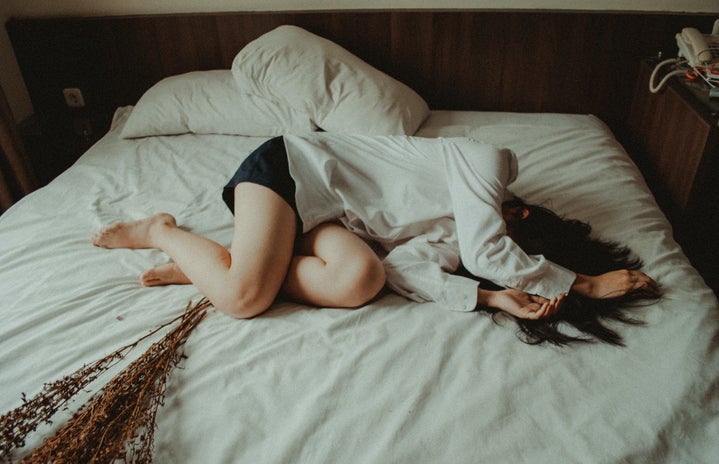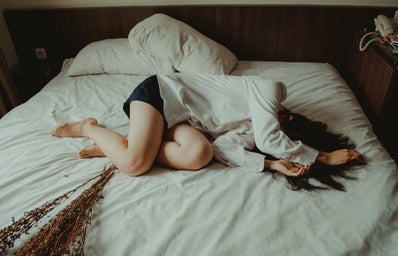Diet culture can be frightening. The ways that people go to extreme lengths to give themselves “the perfect body” can be unhealthy and damaging physically and mentally. Majoring in Food Science in Nutrition, I have learned a lot so far about diet culture and how it is affecting our society.
One of the scariest diets I learned about was the sleeping beauty diet and believe me when I say it comes with more harm than good.
According to an article from Women’s Health magazine in the summer of 2017, the Sleeping Beauty diet is one of the most dangerous ways to lose weight. It was found that women in certain, specifically online, communities that were pro-anorexia, encouraged others to take a sedative, like Xanax to sleep at least ten hours a day to avoid eating. The followers were also encouraging each other to exercise and “severely restrict” calorie intake during the day.
Registered Dietician Amy Shapiro and founder of Real Nutrition NYC said, “abusing drugs to avoid food is a disordered way to look at losing weight.” She also said that “saying you’re going to sleep so you don’t eat and overexercise when you’re awake is disordered eating.”
It’s especially true if you’re doing it to sleep at times that you are normally wanting to eat. For example, starting at three in the afternoon to miss dinner time.
Less extreme versions of this diet could be problematic as well. If you’re finding yourself getting up in the middle of the night to snack, turning to food when you cannot sleep or wanting to take sleeping pills to get your habits under control, you are missing the bigger problem there. Ask yourself, what underlying reasons am I up eating?
These reasons are treated by a professional, not with self-treatment of sedatives. Guidelines that were released back in 2016 from the American College of Physicians suggest that cognitive-behavioral therapy should be the first line for insomnia, not sleeping pills. When they are prescribed, they usually are short-term, a few days fix, not long-term. Keep in mind, this teeters into the eating disorder territory. Sleeping pills come with side effects like drowsiness the next day (including drowsy driving), dizziness, sleepwalking and sleep eating.
Healthy sleep is vital for helping you maintain or lose weight. Amy Shapiro informs that “research shows that when you’re tired during the day because you haven’t gotten enough sleep, your body calls for sugar or caffeine to give you the energy that you’re lacking.”
Cravings that you have for junk food are the next day. In a 2017 study, they found people scarf an additional 385 calories after a poor night’s sleep. Adequate sleep helps your body regulate hunger hormones. These tell your body to grab a snack or stop eating, you’re full. Too high levels of the stress hormone will prompt your body to pack on pounds.
What’s the takeaway? Aim to get seven to eight hours of sleep per night so you can function at your best. If you have problems sleeping, see a doctor or a sleep specialist. Ultimately, the Sleeping Beauty diet is not obtainable nor safe. As always if you’re trying to lose weight, consult with your doctor and or a registered dietitian to get the proper, safe help to lose weight.
HCXO


